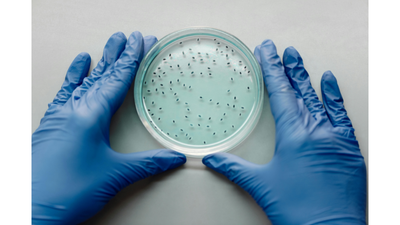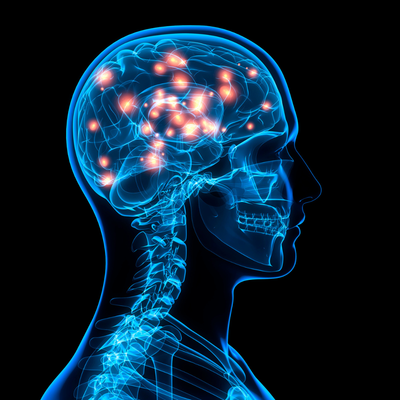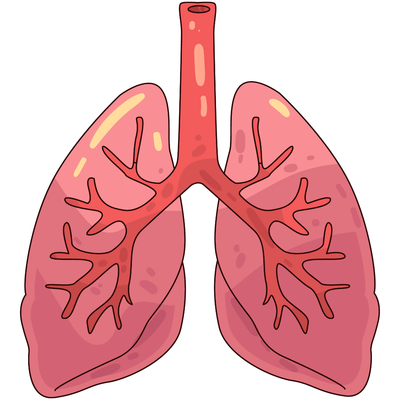Articles
Turning 60 is not just a number — it’s a biological milestone. By now, the body has served through six decades of work, emotions, and experiences. It deserves attention, not neglect. Yet, many people at 60 continue to live as though time has changed nothing. The truth is that this decade requires adaptation, awareness, and acceptance.
Read MoreFever is a natural defense mechanism, not always an illness itself. Learn when fever needs treatment, when it demands testing, and when it’s best to let the body heal naturally — from a physician’s perspective for readers, students, and doctors alike.
Read MoreMigraine is not just a headache — it’s a complex neurological disorder involving the brain, blood vessels, and nerves. Those who suffer from it experience severe, throbbing pain, sensitivity to light and sound, and sometimes visual changes or nausea. Understanding what causes migraine helps in preventing and controlling it effectively.
Read MoreThe human brain — the most intricate organ of the body — governs not only how we think and feel but also how we move, speak, and live. Just as the body signals distress through pain, the brain too has its ways of asking for help. However, these signs are often ignored, misread as “stress,” “age,” or “overwork.” Recognizing these early red flags can prevent serious neurological or psychiatric conditions and, in many cases, save lives.
Read MoreEvery breath you take tells a story — a story of survival, balance, and remarkable biological precision. The lungs are not mere balloons exchanging air; they are living laboratories of chemistry, defense, and adaptation. Every cell of your body depends on their silent, rhythmic performance. When they falter, the body’s entire orchestra falls out of tune. Understanding how they work, what weakens them, and when they cry for help is vital — not only for doctors, but for every human who breathes.
Read More










